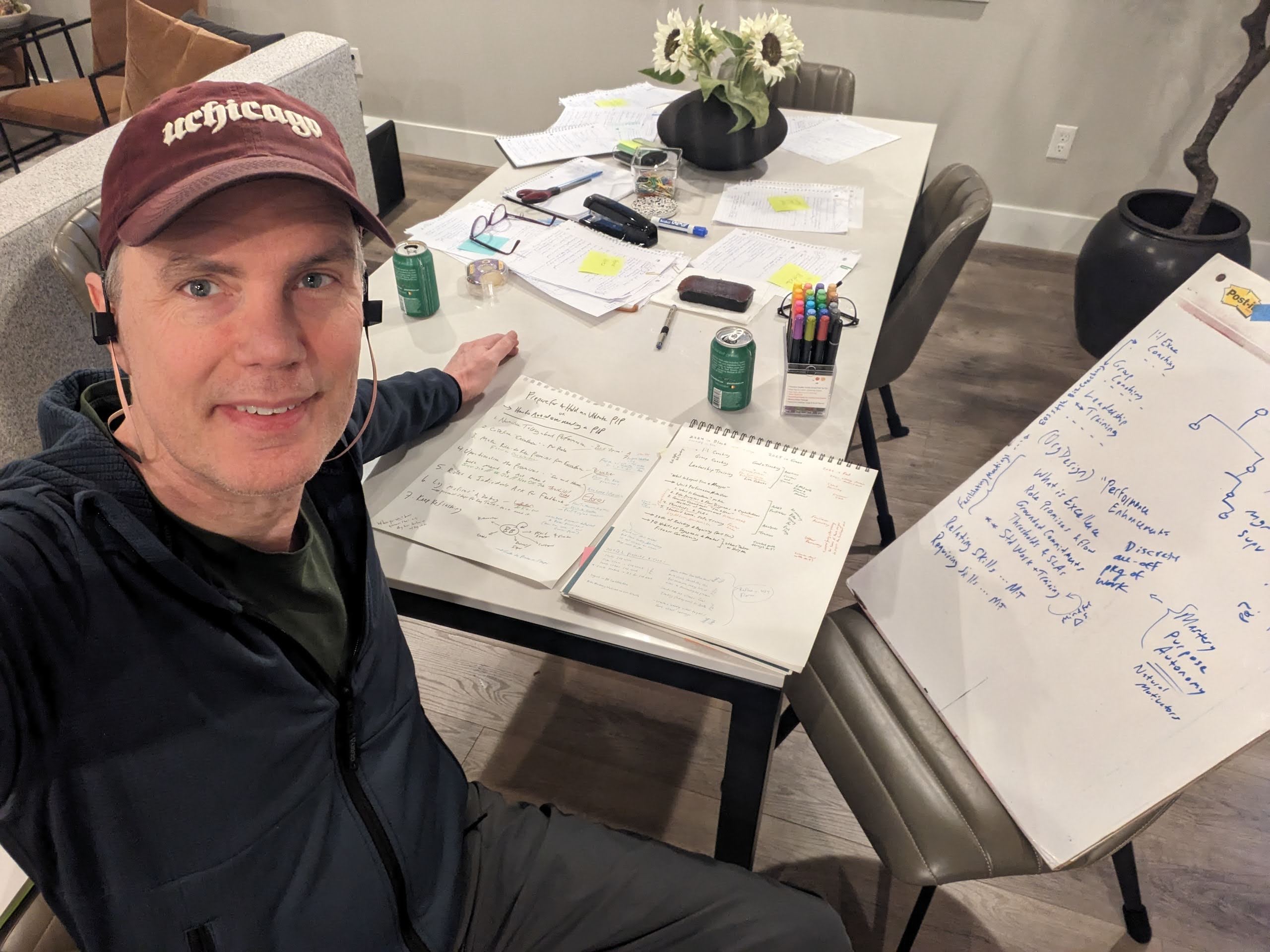Speaking with Authority
Does one of your subordinate managers need to grow their ability to speak authoritatively? Share this with them. Feel like you could raise your own game? Read on.
I'm an award winning Toastmaster and I've been speaking professionally since 1992, and coaching others to speak since 2002. 
When it comes to speaking with authority, there are a couple of different aspects to tackle.
- Context - where are you speaking? Who else is present?
- Content - what are you saying? How confident are you truly?
- Method - how are you speaking? Do you have training on how to speak?
Context matters. You might speak with great confidence and fluidity to your peers, but become a stuttering wreck in front of your boss's boss. Context also includes venue (at a dinner table vs. in open court) and the stakes (a speeding ticket vs. a capital crime).
The solution regarding context is subtle and a long road -- you need to work on whatever inner dialog or inner belief is making you nervous or unsteady. You also get better by practice and increasing your challenge -- if you're comfortable in front of a group of 5 but fall apart in front of a group of 20, find opportunities to speak in front of a group of 8 or 10 -- big enough to be out of your comfort zone, but small enough for you to succeed. Then increase the size, not too fast. (This entire topic of speaking with authority will call on you to get uncomfortable, and grow through that discomfort.)
Content matters too. Do you actually believe deeply in what you're saying? Can you defend it without getting defensive? Do you fear others will disbelieve you, think less of you, etc. because of the content of what you're going to say?
There are two major approaches here -- one is to double down on truly understanding and believing in your message, and the other is to detach yourself from caring too much if some people dislike your message. You may need to do some of each.
Method matters most. You can have plenty of confidence and belief, yet still fail to convey confidence, if you've developed bad speaking habits. These include "uptalk" (ending a phrase, clause, and/or sentence on a rising inflection as if it were a question when it's not), "vocal fry" (speaking with not enough breath in your lungs, so your words rasp), and qualifying words (as in "I JUST have a question" instead of "I have a question"). You might have physical mannerisms and gestures that undermine your credibility. And you might use overly deferential body language.
One way to overcome these is to record yourself giving a short talk on a subject you know well, and then review it three times in three different ways -- one, watch yourself with no sound to see your body language, facial expressions, and mannerisms; two, listen without watching, to hear your vocal patterns; and three, read a transcript, looking for filler words ("um, ah, well, so, and") and so on.
Next steps - join a Toastmasters club. It's the fastest path to truly masterful public speaking. Or hire a coach or take classes.
-Thomas

 By
By


